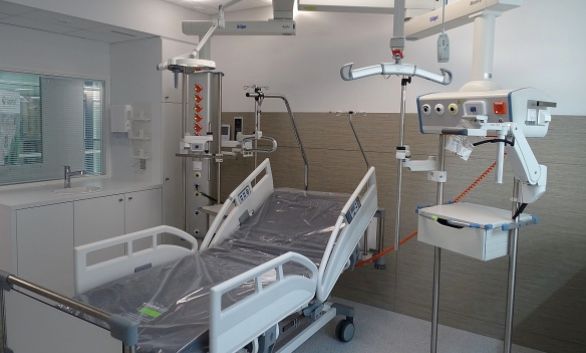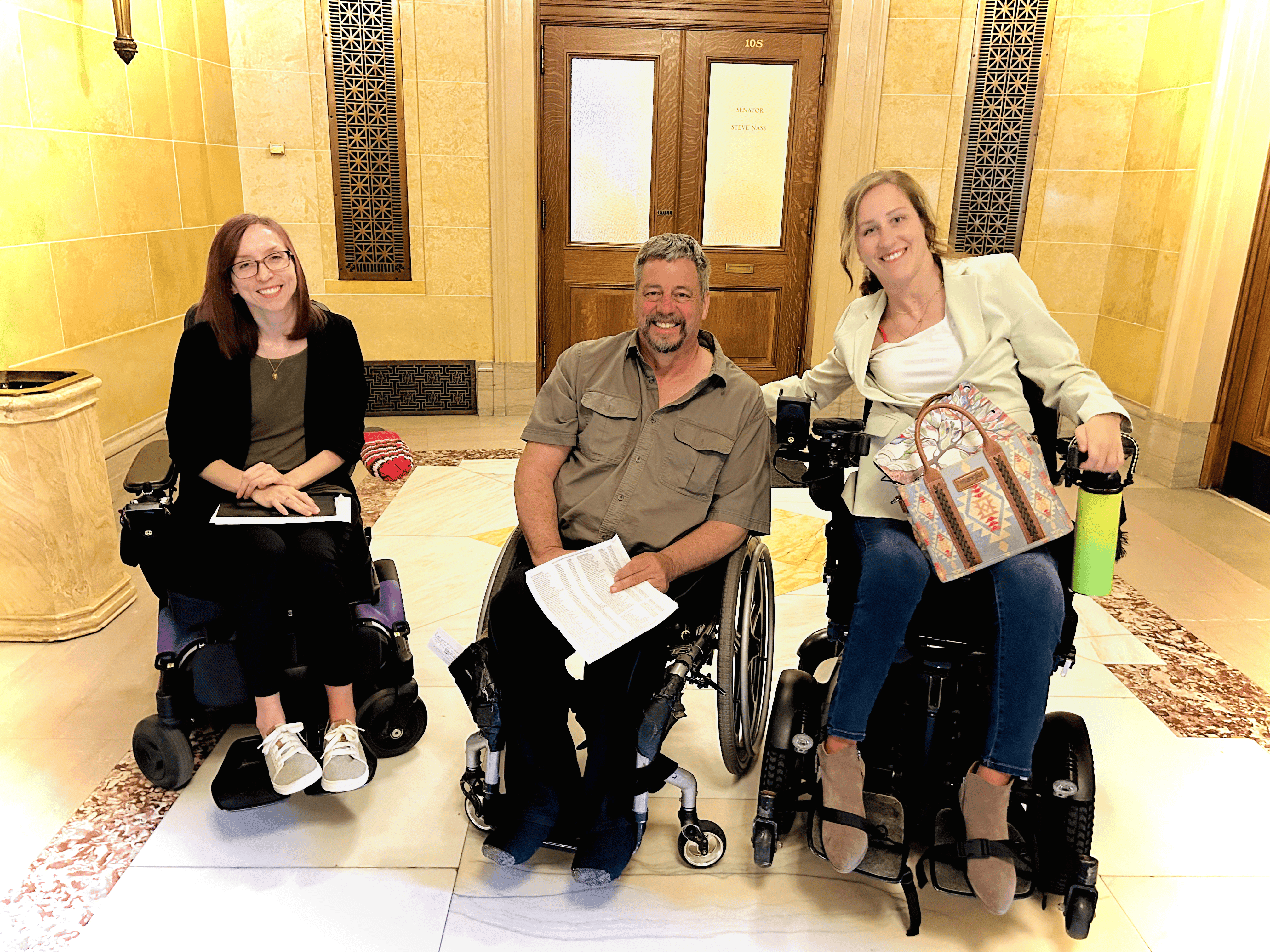
As the COVID-19 pandemic ravages the nation, and world, doctors are facing a dire shortage of emergency beds and lifesaving ventilators. If they are forced to ration critical care, who gets treatment and who doesn’t?
Prioritizing treatment in times of shortage happens all the time in medicine. It’s called triage. Every hospital has protocols, for example, so first responders can quickly prioritize patients based on their immediate needs and their ability to respond to treatment given resource limits.
But the pandemic takes this to a more drastic level: does a young person get priority over an older person? Do persons with money or political connections receive special treatment, or those with insurance coverage? Do immigrants get treated at all? Does a person with a preexisting condition, or say someone living with paralysis, or a cognitive disability, get lower priority?
Medical rationing is a life and death issue right now for people with disabilities. If it came down to it, would bias and discrimination enter the rationing decision, thus assuming the person with a disability is automatically lower in priority for emergency care, because that’s not a life, in the view of a doctor or nurse, that is worth living?
Community advocates have brought this issue forward with great urgency in recent days, and have sued at least two states, Alabama and Washington, for their written protocols denying treatment to specific populations. Alabama recommended withholding ventilators from people with metastatic cancer or people with “severe or profound mental retardation” or “moderate to severe dementia.” Washington advised that hospitals treat those with severe congestive heart failure or severe liver disease with palliative care and not intensive care.
The U.S. Department of Health and Human Services, in response to the pleas from advocates, noted that it is clearly illegal to discriminate based on medical condition. HHS stated on March 28 that “In this time of emergency, the laudable goal of providing care quickly and efficiently must be guided by the fundamental principles of fairness, equality, and compassion that animate our civil rights laws. This is particularly true with respect to the treatment of persons with disabilities during medical emergencies as they possess the same dignity and worth as everyone else.
“ ... persons with disabilities should not be denied medical care on the basis of stereotypes, assessments of quality of life, or judgments about a person’s relative ‘worth’ based on the presence or absence of disabilities or age. Decisions by covered entities concerning whether an individual is a candidate for treatment should be based on an individualized assessment of the patient based on the best available objective medical evidence.”
In other words, persons with disabilities should not be put at the end of the line for health services during emergencies. “Our civil rights laws protect the equal dignity of every human life from ruthless utilitarianism,” says the HHS.
So, what do providers need to do? Ethicists recommend they direct resources to those with the greatest chance of survival and the longest remaining life spans — a pragmatic utilitarian approach. How would that work?
Bioethicists at the University of Pittsburgh Medical Center developed guidelines that are being widely circulated arguing that no specific patient groups should be de facto denied access to ventilators and ICU beds. Rather, medical resources should be allocated based on how patients score on an eight-point scale that takes into account their odds of making it out of the hospital, as well as whether they have certain life-limiting medical conditions.
It’s still triage, and subject to judgment, but the Pittsburgh guidelines attempt to be transparent, for patients and families.
BE PREPARED.
- Be extremely careful about hygiene and contact with others.
- If you think you are getting sick, get tested. Coronavirus testing is widely available in many places.
- If you must seek emergency care, plan ahead.
Here are some guidelines, including a handy worksheet, from Disability Voices United, that can help you think through the process.
Recommended reading: A Chilling Waiting Game: Disability and Health Care During a Pandemic, from the UC Berkeley Daily Cal. Pondering the notion that a person’s death was caused by the fact that their life was thought of as not having value to society.
Know your rights and know the issues. Follow the Disability Rights Education and Defense Fund (DREDF). Here’s a link to an article on the illegality of medical rationing on the basis of disability.
Here's a Plain English Checklist for emergency responders.

















